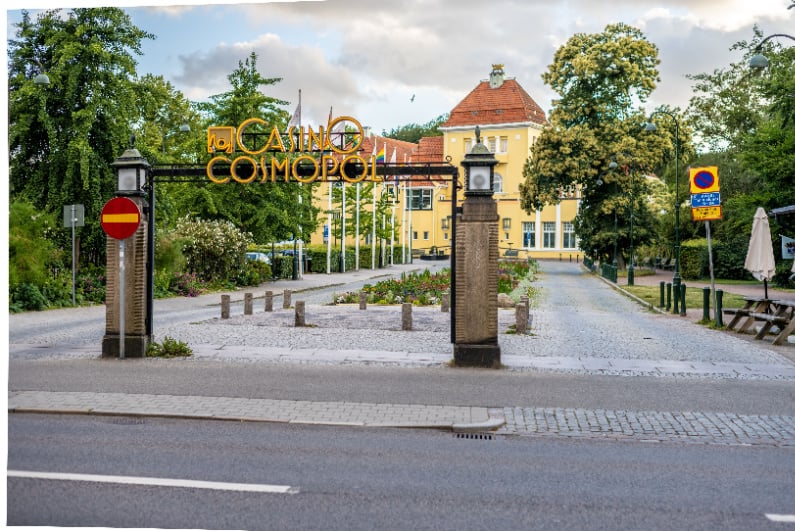A historic day in Germany
For the first time in history, gamblers in Germany can legally play their favorite casino games online. The country has implemented its State Treaty on Gambling, otherwise known as Der Glücksspielneuregulierungsstaatsvertrag (GlüNeuRStV), officially legalizing online casino and poker nationwide.
the treaty will also create a new regulatory body
The GlüNeuRStV received approval from the 16th and final German state in April this year. It came into effect on Thursday, expanding the country’s gambling options beyond just online sports betting. The treaty will also create a new regulatory body to oversee the industry from 2022.
The Treaty sets out regulations for iGaming operators, including a controversial 5.3% turnover tax for slots and poker. It also includes slot restrictions, such as staking and deposit limits, and additional sports betting measures related to in-play wagering.
The industry voices its concern
In a press release to its website on Wednesday, the German Sports Betting Association (DSWV) welcomed the implementation of the State Treaty on Gambling. However, the industry body urged state officials to “protect licensed providers and act with all severity against black sheep.”
To do so, DSWV president Mathias Dahms said the legislation must go through further development to eliminate existing problems. He pointed specifically to limits placed on legal operators and “excessive taxation” as areas of the Treaty requiring correction.
In addition to the 5.3% tax rate, the State Treaty includes a number of restrictions for slot gaming. Every player must adhere to a staking limit of €1 ($1.18), while slots can only have a five-second spin speed. The legislation also bans jackpots and will not allow gamblers to play multiple slots simultaneously. Additionally, the GlüNeuRStV imposes a €1,000 ($1,209) per month blanket deposit limit across all player accounts.
Outside of online casino gambling, the legislation adds additional restrictions for sports betting. This includes a prohibition on all live bets other than those wagered on the final result or next goal scorer. Dahms has voiced criticism of this measure, noting that live betting accounts for around 60% of all wagers in Germany.
In Wednesday’s press release, the DSWV president also urged officials to crackdown on unlicensed gaming across Germany. “A market in which some unlicensed companies continue to operate undisturbed damages the political goals of the countries and must be prevented by all means,” he commented.
Lawmakers agree on toleration
Despite the implementation of the State Treaty on Gambling on Thursday, some unlicensed online casino operators can still actually take wagers under German law. Last year, the Senate and state chancelleries of Germany’s 16 federal states agreed to tolerate unlicensed companies as long as they adhere to the new federal gambling treaty rules.
free ticket for illegal providers.”
Speaking last year, Hans-Jürgen Rumpf, chairman of the advisory board for gambling addiction in Germany, described the leniency as a “free ticket for illegal providers.” He warned that the tolerance would reward the companies for illegally operating in the German market for many years prior.
Although agreeing on toleration, German lawmakers have attempted to clamp down on illegal sites in the past. Mainly, these efforts revolved around blocking payments to illegal gambling platforms. In 2019, PayPal announced it would stop processing payments from German customers to offshore gambling sites. Meanwhile, prompted by pressure from German officials last year, Visa also banned German online casino sites from processing deposits and withdrawals from its credit cards.



